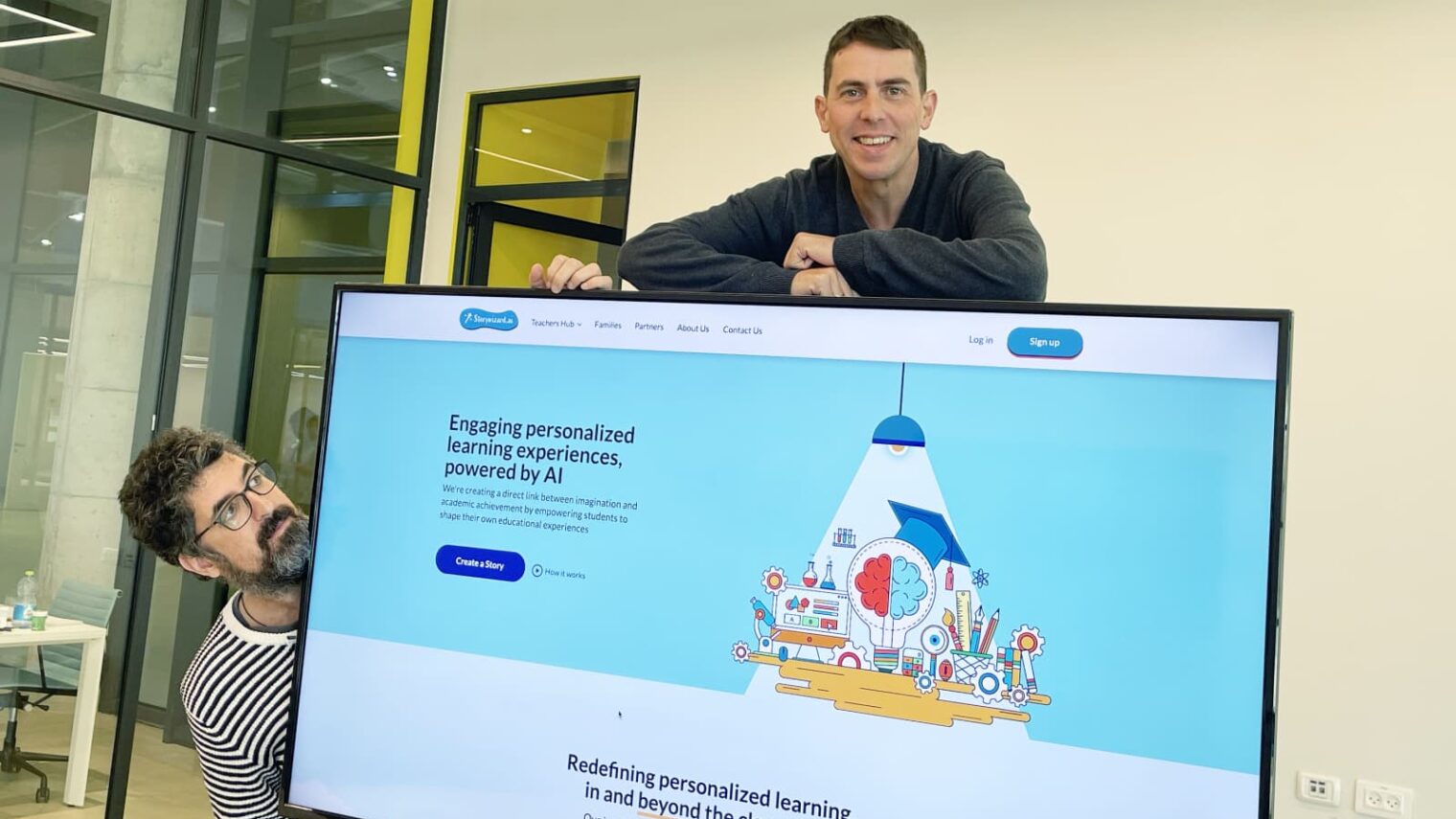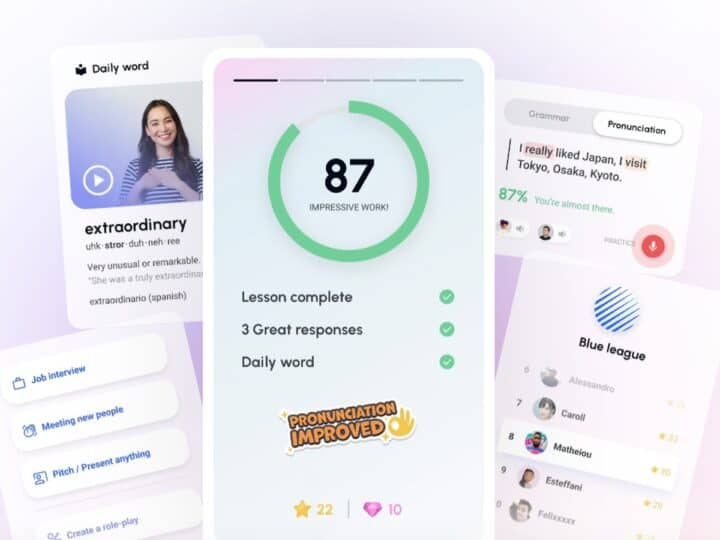When friends and business partners Ofir Kerker and Nadav Yaron decided to develop an AI platform that helps create bedtime stories for children, their main goal was simply to help out their fellow parents.
Neither of them believed that a year later they would be standing onstage at the Global EdTech Startup Awards, accepting a prize for “the most innovative edtech startup.”
Enhancing educational experience
“We didn’t invest in marketing at all, we just each shared the product on our social media,” Kerker tells ISRAEL21c.
“Through social media we discovered that many teachers were using the platform, mostly to teach English.”
Among many other features, Storywizard users can enter specific words for the app to incorporate in the story. It turned out to be the perfect way for children to study English, with teachers singling out words they want children to focus on during a given lesson.
“The platform makes use of generative AI technologies, allowing the children to create, edit and illustrate their own stories in their areas of interest, whether it’s chemistry or soccer,” explains Kerker. “The student creates [his or her] own learning experience.”
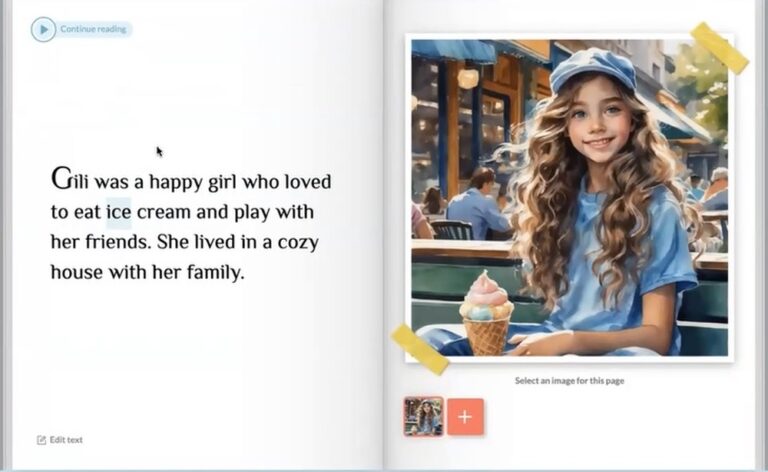
Storywizard’s settings allow the user to pick the level of difficulty as well as the verb tenses in which the story is told. Even though it is mostly utilized in English lessons, the platform also supports Hebrew, Arabic, French, Spanish, Italian, German, Russian and Korean.
The platform also has the ability to create questions and tests based on the individual stories. Teachers can monitor the progress of students in real time and highlight the aspects of the assignment in which each child struggles most.
“The use of the platform significantly increases student engagement because they are full partners in the creation of the content from which they are learning,” says Kermer.
Additionally, Kermer says, Storywizard can benefit children’s emotional wellbeing. The kids sometimes use the app to create stories that express difficult feelings, such as how they are coping with the war or with bullying.
A worldwide hit
Kerker, an artificial intelligence specialist, and Yaron, a product designer and user experience expert — both veterans in the Israeli high tech industry — founded Storywizard.ai in December 2022.
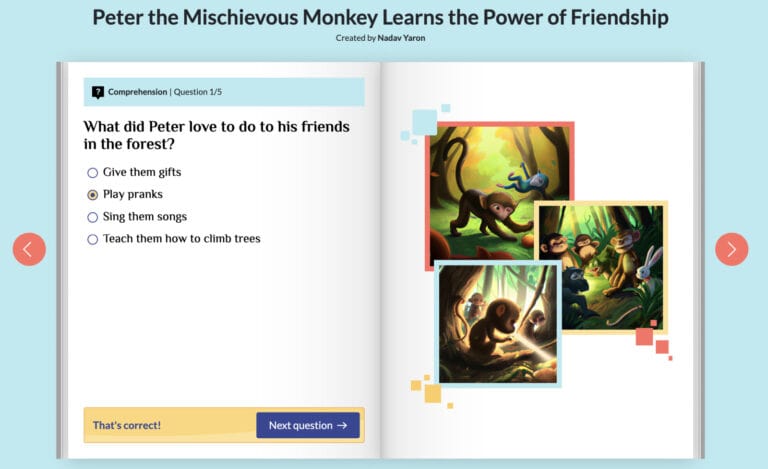
By September 2023, it was already in use in hundreds of schools and won the Israel Education Ministry’s Digital Content Creation tender.
“The Education Ministry didn’t invest [in Storywizard] originally, but we definitely involved the teachers when we were updating the platform [following the initial launch],” Kerker tells ISRAEL21c.
“In December 2023 only one classroom was using [Storywizard]. Now, over 1,500 schools across the world are using our product,” including at least 70 schools in Israel.
The company recently clinched a cooperation deal with Nickelodeon’s gaming platform Nick Academy and with Miko, which manufactures AI-powered educational “robot companions” for kids.
“The ability of Storywizard to be embedded in other products is an important component that we developed from the start,” notes Yaron.
In October, Kerker and Yaron hired Ogden Morse, a veteran US edtech entrepreneur and former teacher, as Storywizard’s CEO with the aim of establishing the company as a major player in the American market.
Before hiring Morse, Kerker and Yaron were the only employees of the startup. The two bootstrapped themselves to the top and only recently opened the company’s first fundraising campaign in an effort to expand the business.
An Israeli startup in wartime
It’s no secret that at this time raising money is not an easy task for an Israeli startup.
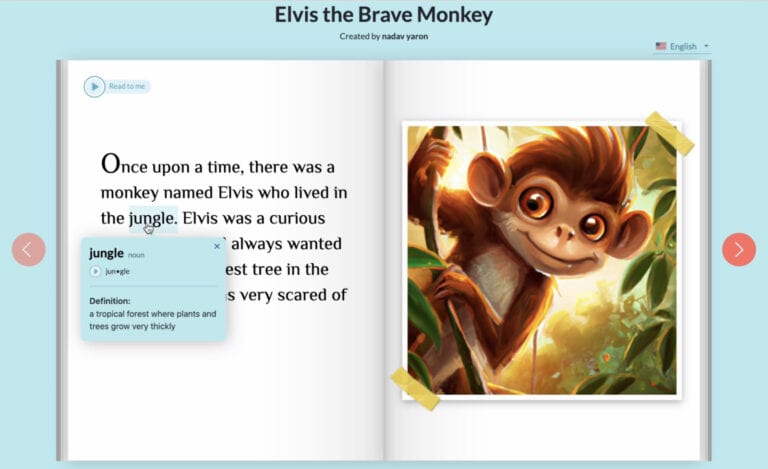
“All of a sudden, we hear potential investors asking us if we’re an Israeli or an American company, when it wasn’t important to them before. Asking if we’ll be drafted to the military and all kinds of questions about the war,” says Kerker.
Yaron adds that investors and potential clients sometimes simply ask “if we’re okay.”
“We’re very goal-oriented,” notes Yaron. “[The war] affects us more emotionally rather than business-wise.”
Kerker adds that if there were a potential investor or a client that backed out following the war, the company will likely never know. “Investors never give a reason [why they back out],” he laughs.
For more information, click here.




